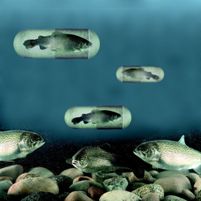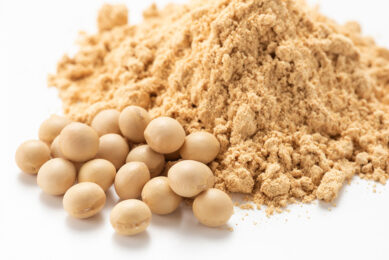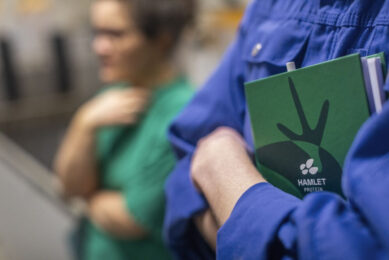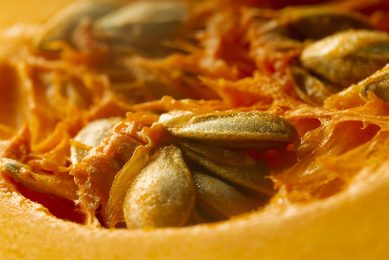Relation feed and immune response in aqua

Øyvind Haugland from the Norwegian School of Veterinary Science studied inflammatory reactions in salmon, and in particular how the ingredients of newer feed sources influence these reactions.
fish immune system, and how they communicate with each other, is important for
the development of better vaccines for salmon farming, and to shed light on the
ways that new feed types may influence fish health.
Expression of
immune response
The major regulators of the immune response are the
cytokines, small proteins that function as messengers among the cells of the
immune defence system. One of these cytokines is TNF-a. It was shown that
vaccination with oil-containing vaccines leads to a rapid and intense, but
temporary, expression of TNF-a and other cytokines. Three weeks after
vaccination, however, the levels of cytokines were nonetheless insufficient to
alter the amount or expression of genes influencing the presentation of vaccine
components to other parts of the immune system.
Alternative feed
sources
The study also looked at alternative feed sources and their
effect on fish immune defence systems and health. An alternative to the fish
meal currently used in feed is soya protein. The results of the work showed that
an extract from the soya plant, Glycine tomentella, reduces the level of one of
the central chemical messengers in inflammation, none other than TNF-a. Using
rapeseed oil leads to significant changes in the fatty acid composition of
salmon tissues, but that neither the degree of inflammation nor the
bacteria-killing abilities appear to be affected.
Related
website:
Norwegian
School of Veterinary Science
Related
folder:
Dossier AllAbout Aqua Feed
[source:
ScienceDaily]











